Talk Overview
Ion channels are crucial for proper neuronal communication and cellular homeostasis. But, how do ion channels perform their work? In this seminar, Dr. Lily Jan defines the physiological role of potassium channels in the generation of an action potential and regulation of excitability in neurons. She outlines the role of voltage-gated and inward-rectifier potassium channels and provides evidence of the evolutionary importance of these proteins.
In her second talk, Jan characterizes the Calcium-Activated Chloride Channels (CaCC) in the TMEM16 family of transmembrane proteins with unknown functions and explains experiments from her lab that aided in the understanding of the molecular role of these channels. As she explains, one family member, TMEM16A, is typically expressed in peripheral cells and is involved in the rhythmical contraction of smooth muscles in the gastrointestinal tract. On the other hand, the TMEM16B CaCC is expressed in multiple brain regions as well as sensory neurons, like photoreceptors, and they have an inhibitory role in these cells.
Speaker Bio
Lily Jan

Dr. Lily Jan is a Jack and DeLoris Lange Professor of Physiology and Biophysics at the University of California, San Francisco, and a Howard Hughes Medical Institute Investigator. Jan completed her undergraduate studies in physics at the National Taiwan University in 1968. She had her graduate training at California Institute of Technology (Caltech), where she… Continue Reading
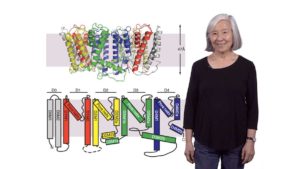
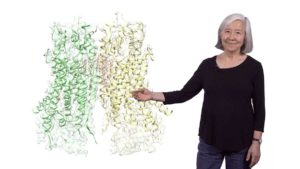
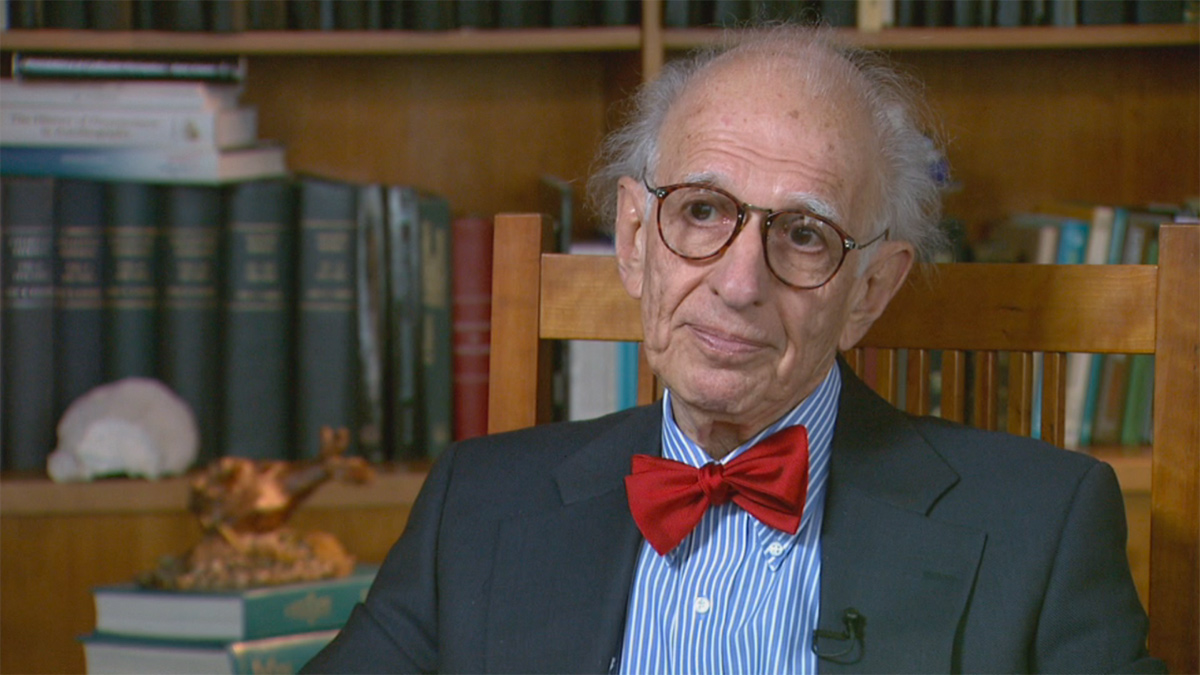
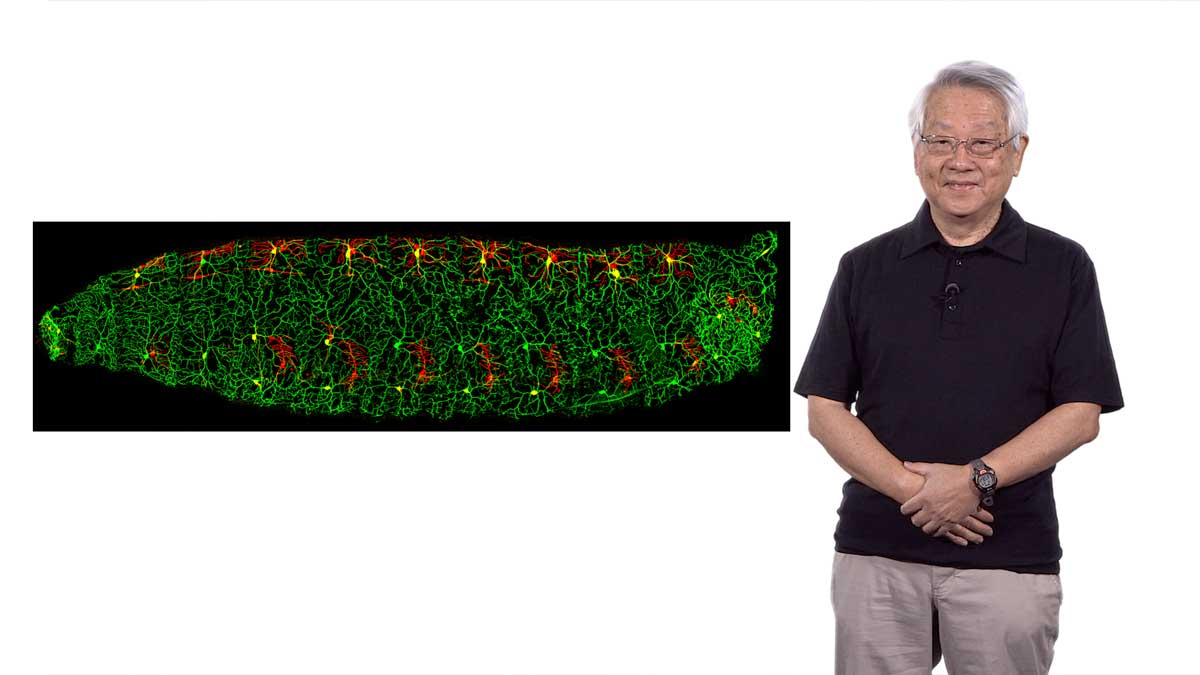
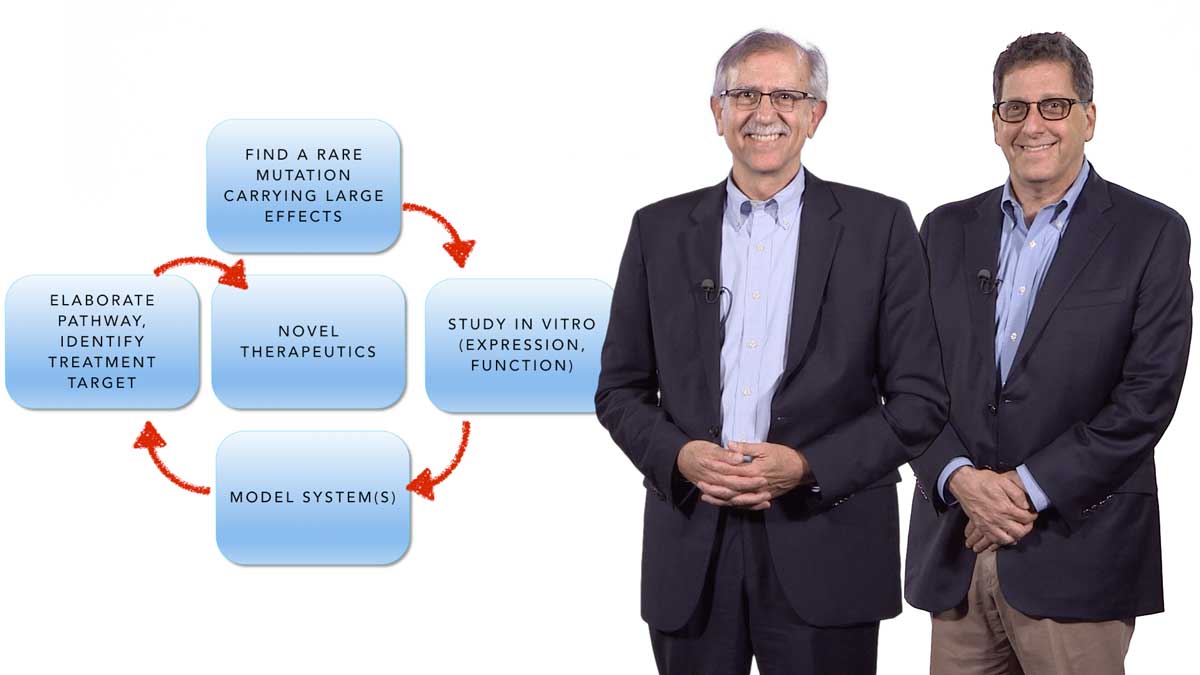
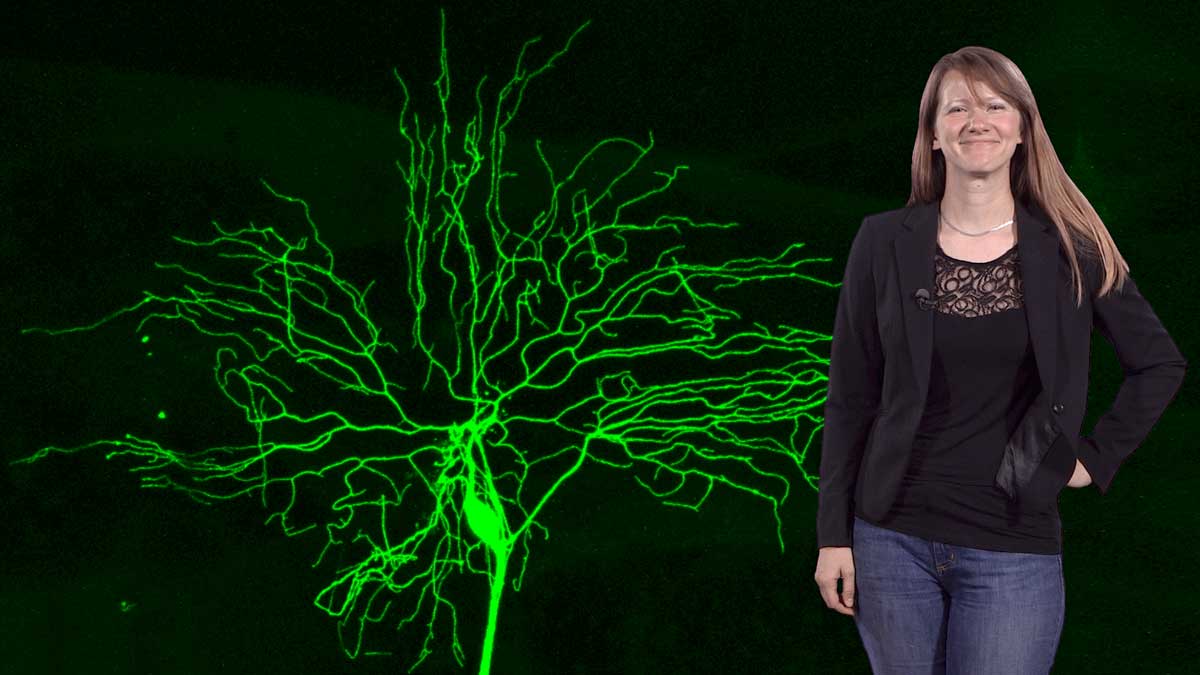




Leave a Reply